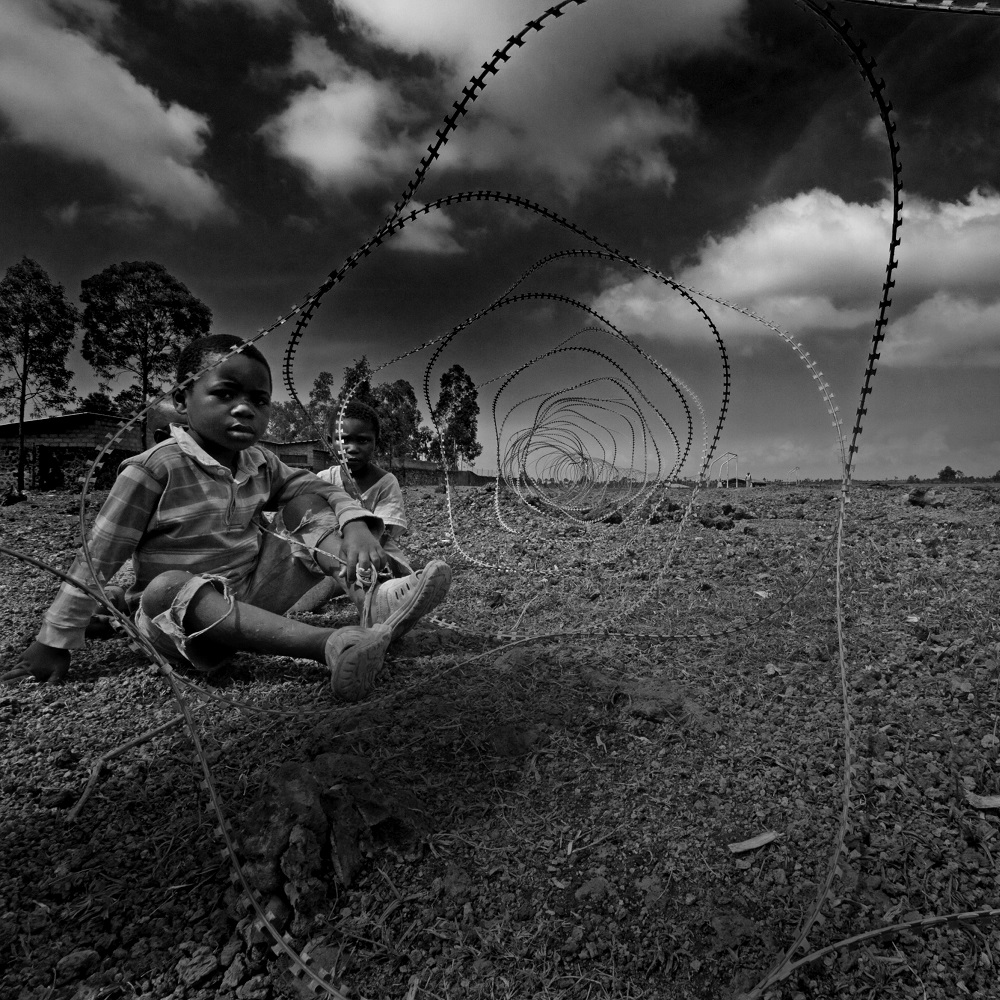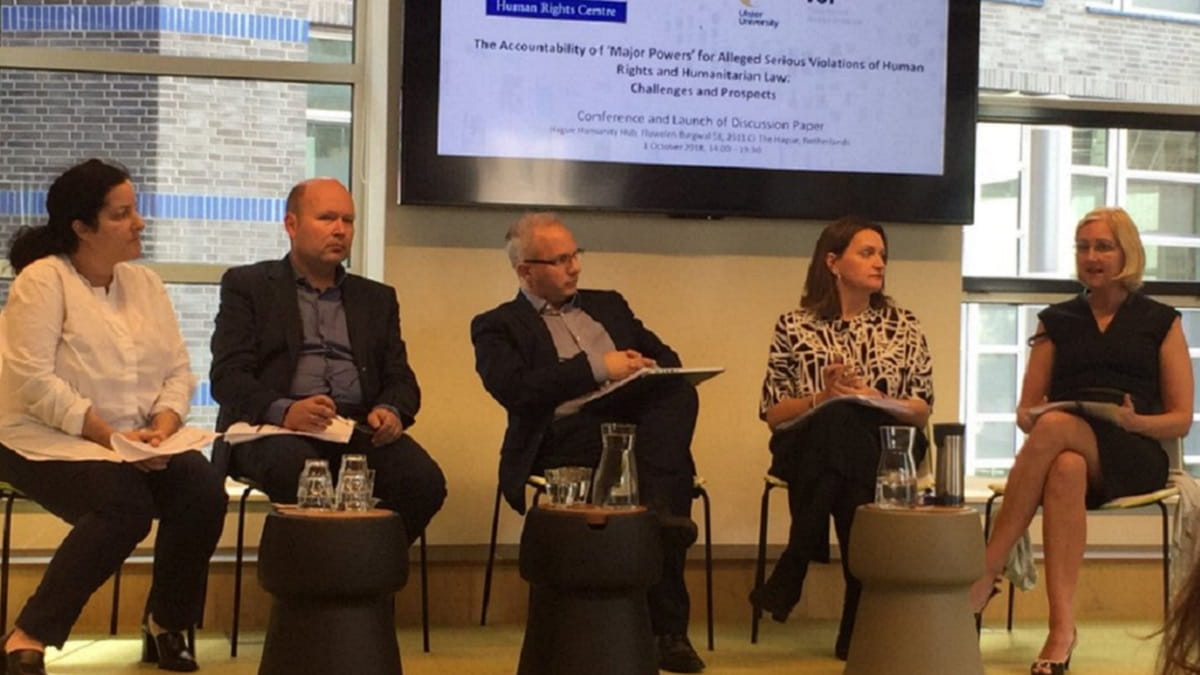Professor Natasha Lindstaedt, Faculty Dean Undergraduate (Social Science), studies authoritarian regimes, failed states, violent non-state actors and human security. Professor Lindstaedt is involved in various projects on authoritarianism and democracy.
M.O.R.D.O.R. is an Erasmus+ project, co-funded by the European Union focusing on improving general education on authoritarianism and preparing recommendations for EU foreign policy stakeholders regarding democracy support.
TRECA is an academic network to study transnational efforts by national and regional governments, international institutions and courts, NGOs, international and domestic institutions, civil society, and research networks. This project includes the involvement of the Project on Autocratic Legalism (PAL) and the Global Legal Studies Center at UW-Madison. PAL studies efforts by autocrats to use the law to gain and secure power, and resistance to such efforts, with an initial focus on Brazil, India, and South Africa.









Social Work in Extremis
Professor Vasilios Ioakimidis' work focuses on social services/work in the context of armed and political conflict and explores such practice in the context of unpredictable and extraordinary political, social, economic and environmental change. Vasilios focused primarily on Cyprus, Greece and Colombia and more recently, his work explores the broad issue of accountability of professionals (primarily in the 'helping professions') who work in armed conflict.